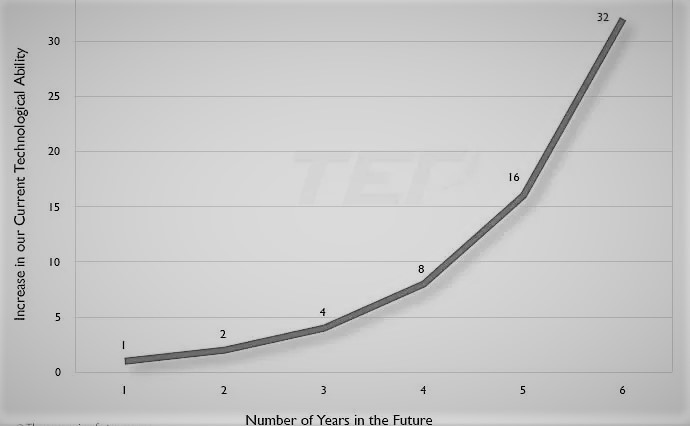Deepfake, A.I. and the scary part of technology
There're 2 ideas in this age: -Technologies are advancing so fast that both our laws and ethics cannot keep up. - The limit is now...

There're 2 ideas in this age:
-Technologies are advancing so fast that both our laws and ethics cannot keep up.
- The limit is now more on our imagination than our capabilities.
I had a healthy discussion recently around the use of deepfake & A.I. with the case of MyHeritage's Nolstagia. A.I. can now produce a 'life' video from simply a still photo. Uploading a black & white photo of your grandpa, and with a click, you witness his face coming to life as if it's recorded during his time. You can find out more on numerous articles about MyHeritage's Nolstagia, or even try it yourself.
For many of our common folks, it's simply 'magic'. It’s a lovely example of how our imagination can identify a proper use case for new technology: our deceased loved ones can come to life, and possibly interact with their kin (with other A.I. applications in language processing, voice replication and profile building). My grandson can see and talk to my granddad who fought in the French Indochina war, for instance. Further exercises of imagination can lead to even more exciting visions: Napoleon can teach young kids about his conquest of Europe and answer to questions as if he were in the classroom; deceased parents can still be around to educate their children and support their upbringing. It already sounds like a 'Black Mirror' episode, doesn't it?
Yet suddenly, a chilly thought comes to your mind on how such magic can be misused, mislead and misunderstood. How can we regulate these next-level ‘Photoshop’? How to anticipate in the future, when all realities can be faked? 20 years ago, a photo of a UFO could break the news. Today, young generation might be trained to automatically disbelieve in picture altogether, and it starts to affect video as well. However, the majority might be not well-prepared. What about our parents, our previous generations, or people with varied access to privilege and education? A deep fake video can potentially ruin a life, and there's little we can do to protect ourselves against it.
Discussion has been around for a while regarding ethics and laws against technologies. Self-driving cars can kill, but who to blame? A.I. can write songs, yet should we copyright their one billion songs which can lead to a billion lawsuits against avid young writers across the globe? Cloning and stem cells seem to be there for eternity, and it's still scary to think about all of the possibilities to mis-use them - yes, I'm talking to you sci-fi screenwriters and novelists! Moore's law was outdated already when used to describe the pace of tech advancement, while many nations still employ laws written eons ago (I'm just exaggerating, but you get my points).
There’s not much we can do, except to spend some more time for pondering and reflecting. Technology advancement is always positive, as long as our imagination can heighten its usage to a beneficiary level to humanity. At the same time, lawmakers and philosophers need to keep them in check, waiting for ‘good’ application and preparing for ‘evil’ ones.

Khoa học - Công nghệ
/khoa-hoc-cong-nghe
Bài viết nổi bật khác
- Hot nhất
- Mới nhất